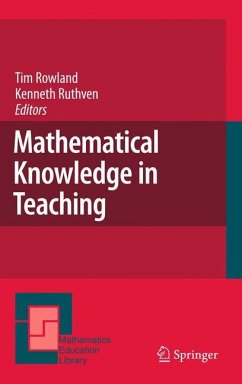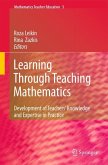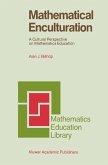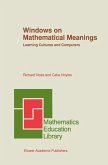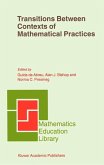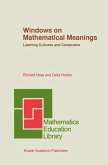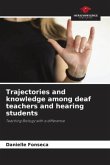The quality of primary and secondary school mathematics teaching is generally agreed to depend crucially on the subject-related knowledge of the teacher. However, there is increasing recognition that effective teaching calls for distinctive forms of subject-related knowledge and thinking. Thus, established ways of conceptualizing, developing and assessing mathematical knowledge for teaching may be less than adequate. These are important issues for policy and practice because of longstanding difficulties in recruiting teachers who are confident and conventionally well-qualified in mathematics, and because of rising concern that teaching of the subject has not adapted sufficiently. The issues to be examined in Mathematical Knowledge in Teaching are of considerable significance in addressing global aspirations to raise standards of teaching and learning in mathematics by developing more effective approaches to characterizing, assessing and developing mathematical knowledge for teaching.
From the reviews:
"This book focuses on the complex issue of mathematical knowledge in teaching. ... This book is essential reading for anyone interested in teaching mathematics. It brings together the considerable research and scholarship of the various contributors and provides a detailed, yet understandable, picture of the issues surrounding teachers' mathematical knowledge. The book most certainly meets its aim of enhancing theory and practice in mathematics teacher education and the student experience throughout education." (Rosemary Cann, Educational Review, November, 2011)
"This book focuses on the complex issue of mathematical knowledge in teaching. ... This book is essential reading for anyone interested in teaching mathematics. It brings together the considerable research and scholarship of the various contributors and provides a detailed, yet understandable, picture of the issues surrounding teachers' mathematical knowledge. The book most certainly meets its aim of enhancing theory and practice in mathematics teacher education and the student experience throughout education." (Rosemary Cann, Educational Review, November, 2011)

